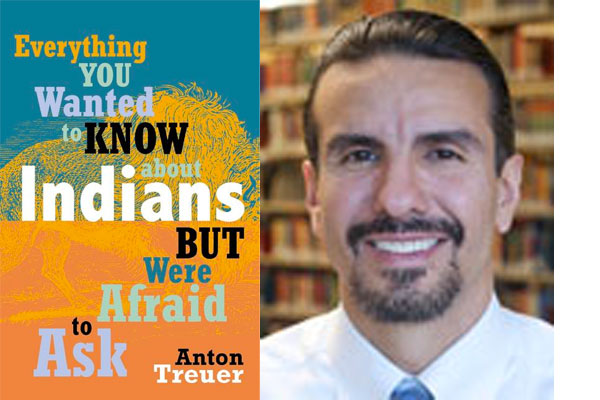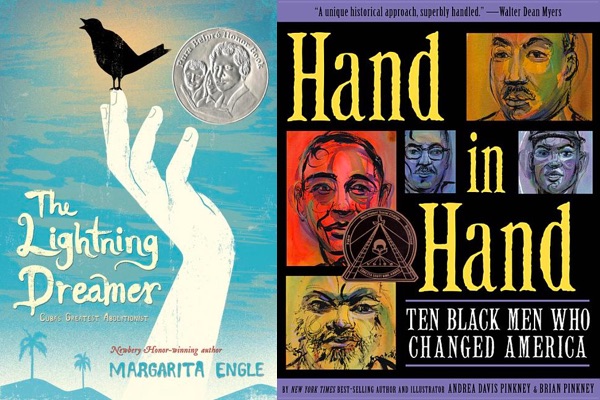World Languages Standards Support
Inspired by the American Council on the Teaching of Foreign Languages1, the reference points that are bolded below can enhance your world language instruction.
Create interpersonal, interpretive, and presentational language opportunities with book and author resources in multiple languages.
Browse the World Language Collection to locate resources in multiple languages.
Use the advanced search tool to find resources in a specific language—providing a variety of formats for communication.
Honor languages spoken at home by utilizing the Google Translate feature on audio resources—found in the upper right-hand corner of every page.
Listen to native speakers for authentic language use with Meet-the-Author resources like:
- Mélanie Watt (French)
- Tomson Highway (Cree)
- Yuyi Morales (Spanish)


Discover rich resources that add to cultural competency and understanding.
Infuse diverse, inclusive, and culturally relevant materials into reading experiences using the Diverse Books Toolkit.
Access interviews in a variety of formats with Anton Treuer, the author of Everything You Wanted to Know about Indians But Were Afraid to Ask, to deepen understanding of Native cultural history.
Consider the shared cultural experiences revealed through layers of research in Carmen Agra Deedy's Meet-the-Author Recording for Martina the Beautiful Cockroach.
Hear Monica Brown emphasize the importance of salsa music in her life with this Meet-the-Author Recording for My Name Is Celia/Me llamo Celia.
Develop insights into language and culture with book guides, lesson plans, and book readings that prompt conversation.
Engage in discussions about what it means to be an agent of change across cultures and languages with titles like:
Listen to the audiobook excerpt from It Ain't So Awful, Falafel and discuss what students have learned about life in Iran and the United States in the 1980s.
Extend the reading experience for Refugee by completing the suggested activities from this activity guide.
Deepen discussions with activities and ideas in this lesson plan for American Born Chinese by Gene Luen Yang.


Introduce authentic voices and relevant content through primary source materials.
Experience the discord of cultures colliding in this Meet-the-Author Recording for Inside Out & Back Again by Thanhhà Lại.
Hear the importance of sharing the voices and perspectives of indigenous women in this Meet-the-Author Recording with Lisa Charleyboy in #NotYourPrincess.
Use the Meet-the-Illustrator Recording for Ashanti to Zulu as a springboard for research about 26 African tribes.
View the short documentary for Everything Sad is Untrue to launch a discussion of the author’s memories and how those experiences provide an authentic Iranian refugee voice.
Referenced from "ACTFL Performance Descriptors For Language Learners." American Council on the Teaching of Foreign Languages, http://www.actfl.org/publications/guidelines-and-manuals/actfl-performance-descriptors-language-learners.

